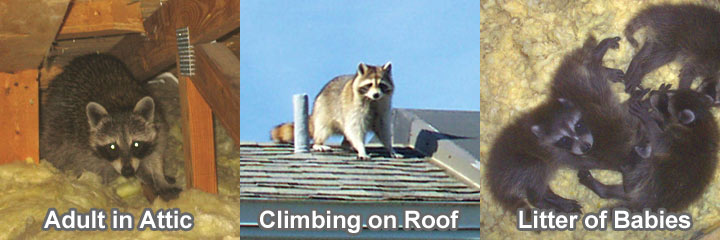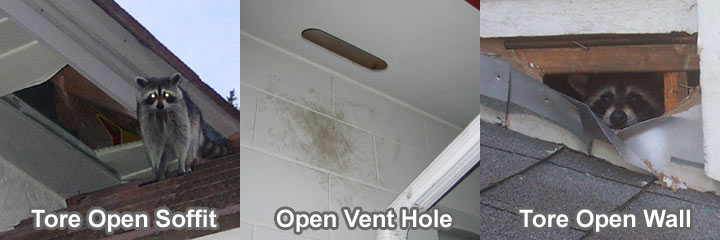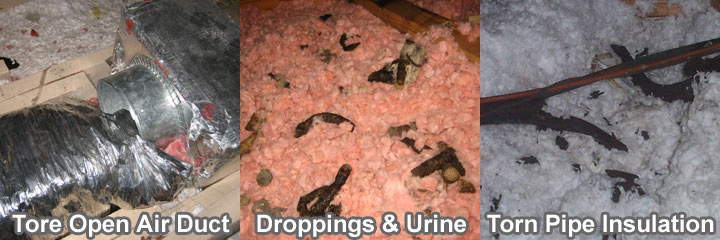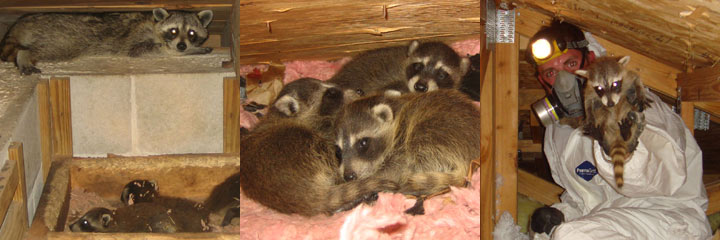24/7 Cell Phone: 203-584-9038




New Haven Connecticut Raccoon Control Situation: Raccoons (Procyon lotor) a.k.a. coons are extraordinary, compared to other known and effectively perceived non-trained chicken predators. Because of their flexibility, raccoons can utilize urban territories as a natural surroundings. Products of the soil trees and chicken coops are favored wellsprings of nourishment for urban raccoons. Despite the fact that their inclination is foods grown from the ground, their eating regimens comprise primarily of creepy crawlies, worms and different creatures that are promptly accessible. Sadly, that incorporates chickens.
Will chickens be safe from raccoons in sunshine? Unfortunately, no. Despite the fact that raccoons are normally nighttime, they have adjusted to living in urban zones and are becoming accustomed to human movement and mutts to the point where they are getting shockingly striking. Remember this if you are anticipating free range extending of your chicks. A raccoon commonly assaults feathered creatures by gnawing the head or upper neck territory. The heads of grown-up flying creatures are generally gnawed off and abandoned.
Notwithstanding, guaranteeing your coop and run is raccoon free; you can likewise make your property ugly to raccoons. You can do this by limiting access to squander sustenance and lair locales, for example, upper rooms and empty tree trunks.
To start with, don't pull in raccoons to your yard. For example, don't forget feline nourishment, and ensure they can't get to wild fowl feeders or any seed underneath the feeders. In dry regions or amid dry periods, raccoons might be pulled in to wellsprings of water in your yard, as well. Try not to forget anything for them!
Don't leave any hook or minor imperfection open of your chicken coop. Secure them with a solid lock as the raccoons can connect pushing their paws hard. Keep the entryways and windows opening safely bolted amid night and evening hours as the raccoons are nighttime. You ought to attach the top of your coop down firmly.
Raccoons don't care for the fragrance of smelling salts or cayenne pepper; putting alkali doused clothes and sprinkling the pepper around the edges of your yard or property can help discourage raccoons from coming into the yard. You can likewise have an exterminator or experienced creature trapper put sheltered, live-creature traps in your yard to expel and migrate issue raccoons. Never utilize any sort of toxic substance or pellets to prevent raccoons in light of the fact that your chickens will be hurt if they come into contact with the toxic substance.
You need to put a rooftop on the chicken coop; the capacity of the rooftop is to guarantee that the coop is all around attached on all sides and this will make it incomprehensible for the raccoon to enter the chicken coop. At the point when the raccoon makes a decent attempt and thinks that it's difficult to break into the coop then he will be compelled to move to away and your chicken will be exceptionally sheltered.
To anticipate future unwelcome visits, contact predator control specialists. Execute these tips, and anticipate a property free from raccoons.
If you wish to learn more, click on the How to Get Rid of Raccoons in the Attic home page. For wildlife control, animal trapping services, and raccoon control in New Haven County, Connecticut, call us at 203-584-9038, and ask to talk about raccoons in the attic in New Haven, CT.